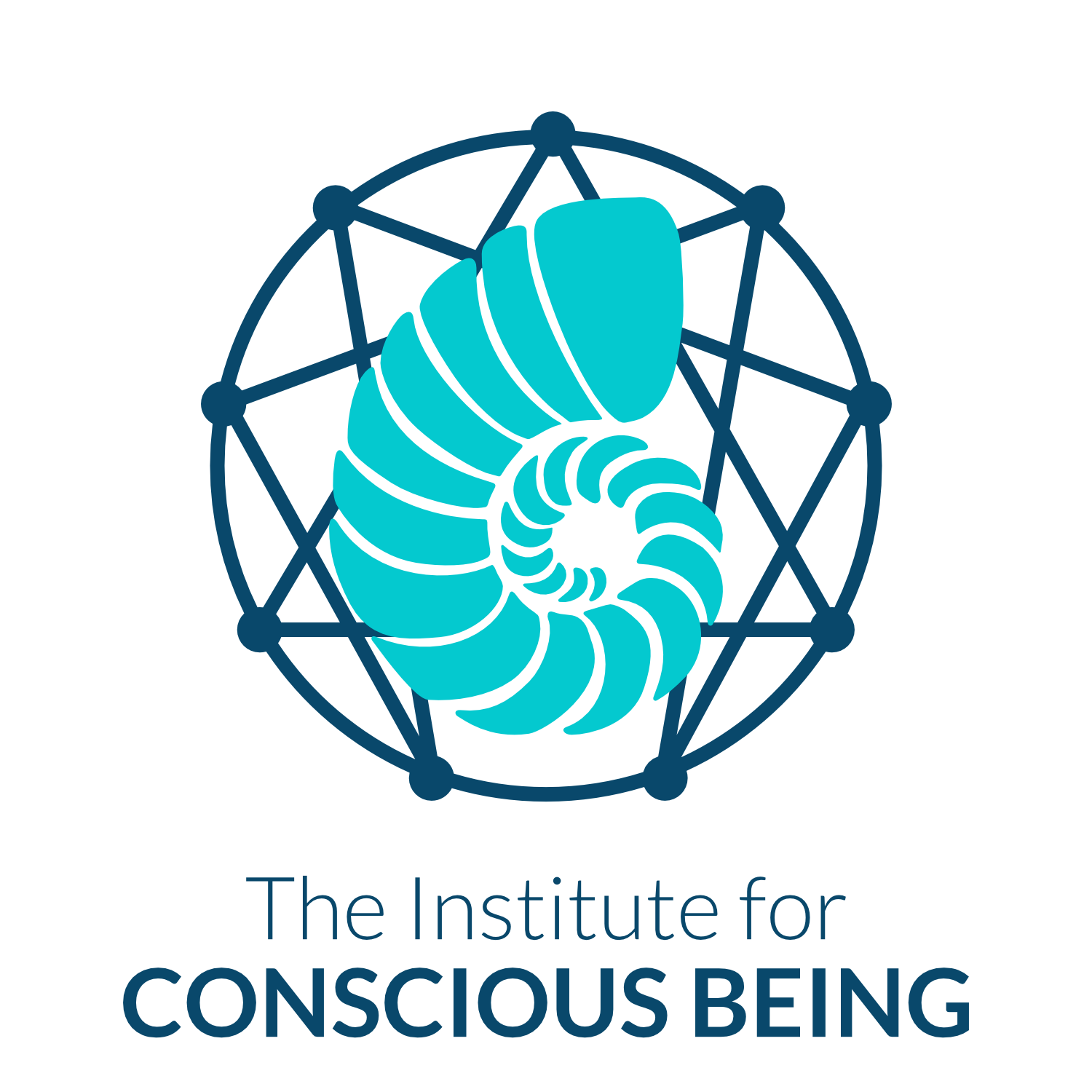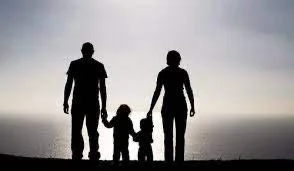The Power of Hope
December 11, 2023
When a child is brought to a psychologist’s office for evaluation, the parents and the child are usually evaluated. To that end, noted psychologist Richard Abidin developed a psychological test for parents of children. Dr. Abidin’s assessment device is called The Parenting Stress Index, a series of statements answered by the parents according to how much they agree or disagree with a series of carefully worded statements.
One of the statements on that test is: “My child is my hoped-for child.” The response to this statement helps the psychologist determine the parent’s attitude toward their child. If a child is not the hoped-for child of the parent, they likely sense it and have greater chances of feeling inferior, shameful or rejected. These feelings contribute substantially to the child's mental health.
On the other hand, if the child senses she is the parent’s hoped for child, she has a greater chance of feeling affirmed and supported. This feeling also contributes to the child’s mental health.
How many people in our lives are not our hoped-for people? We all have such people. What we hope for in others is frequently a function of our ego, who wants people to be who we expect them to be. Like the parent of an unhoped-for child, if we have an unhoped-for person, we can give off negative energy around them. This can ferment negativity, tension or even hatred.
By loving our unhoped-for people, we travel the road of consciousness. Wars will be less in our homes, communities and the world.
Inquiry: Who is an unhoped-for the person who you could love more?
Dear God,
So much is not what I’d hoped for. I am not even my hoped-for self. But if my ego causes me to see others only as I hope for them to be, I pray for the ability to love them. I pray for the ability to love my unhoped-for self. Amen.
To receive Dr. Howell’s Reflections in your inbox everyday, complete the form below to begin your journey into who God has made you to be. The path to wholeness starts now!


